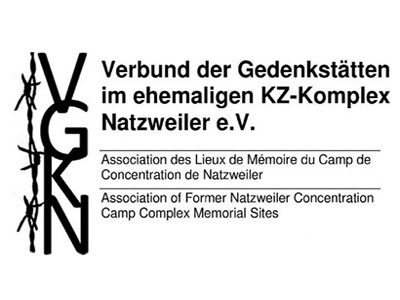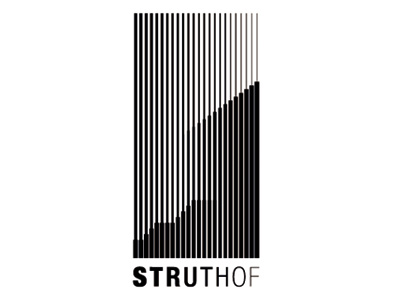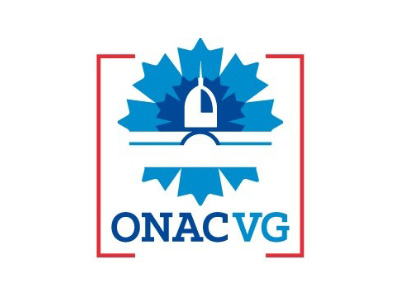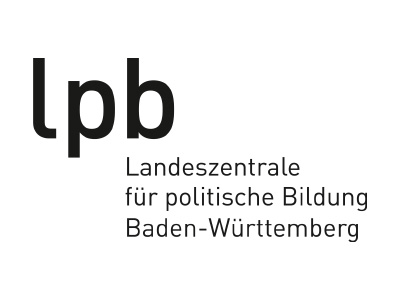Cooperation in the remembrance culture
For nearly fifty years the French side and the German side were each mostly working for themselves (see chapter „History of Remembrance“) concerning the remembrance of the Natzweiler KZ. That changed in the second half of the 90s. Since then, the German/French cooperation has constantly deepened – it became possible to look together at shared history.
In 2014/15 the bilingual travelling exhibition “Freiheit – so nah, so fern / Bientôt la liberté nous reviendra” was developed as a cooperative project and shown in many cities on both sides of the Rhine. In 2015, the first transnational colloquium about the topic “The Natzweiler Concentration Camp” followed at the German Historical Institute in Paris.
In 2016, the Natzweiler satellite camp memorials in Baden-Württemberg joined to form the “Verbund der Gedenkstätten im ehemaligen KZ-Komplex Natzweiler” (VGKN) [Association of memorial sites in the former Natzweiler KZ complex]. Since then, further members from other federal lands have joined.
Also in 2016, the memorial of the main camp and 14 satellite camp sites in France and Germany competed for the European Heritage Label, which was awarded to them by the European Commission in 2018.
As a consequence, a border-transcending remembrance culture developed in places of Nazi cultural disruption. It reminds of the suffering of the victims, educates about human rights while teaching history and will promote other joint scientific and pedagogic projects.
The protagonists of this border transcending remembrance work are the Centre Européen du Résistant Déporté (CERD) and the Verbund der Gedenkstätten im ehemaligen KZ-Komplex Natzweiler e.V. (VGKN). Plus the memorial sites in Urbès and Metz-Queuleu.
The work is financed and supported in France by the Office National des Anciens Combattants et Victimes de Guerre (ONACVG), the Army Ministry and the Culture Ministry, in Germany by the Landeszentralen für politische Bildung in Baden-Württemberg, Rheinland-Pfalz und Hessen, the Landesdenkmalamt Baden-Württemberg and the Bundesbeauftragte für Kultur und Medien).
All partners aim at elevating the remembrance culture above the level of German/French cooperation to a European dimension.









